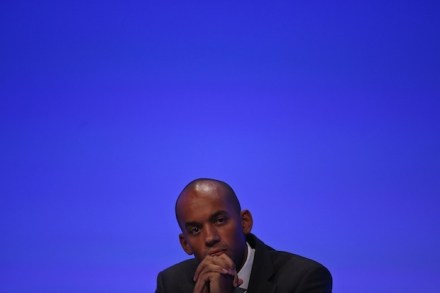The political divide over David Miranda’s detention
The political fallout from the detention of David Miranda is as interesting as the rights and wrongs of the case itself, as it exposes a fault line in the Conservative party between civil libertarians who are instinctively wary of state power, and those on the other side who think the state did exactly the right thing in this instance and that the laws applying to Miranda’s detention are right too. In the civil liberties corner is Dominic Raab, writing in the Telegraph that ‘on terrorism, as with so many of Labour’s laws, well-intentioned but overly broad powers have been stretched to cover wider purposes, exposing ordinary people to arbitrary interference’.




















